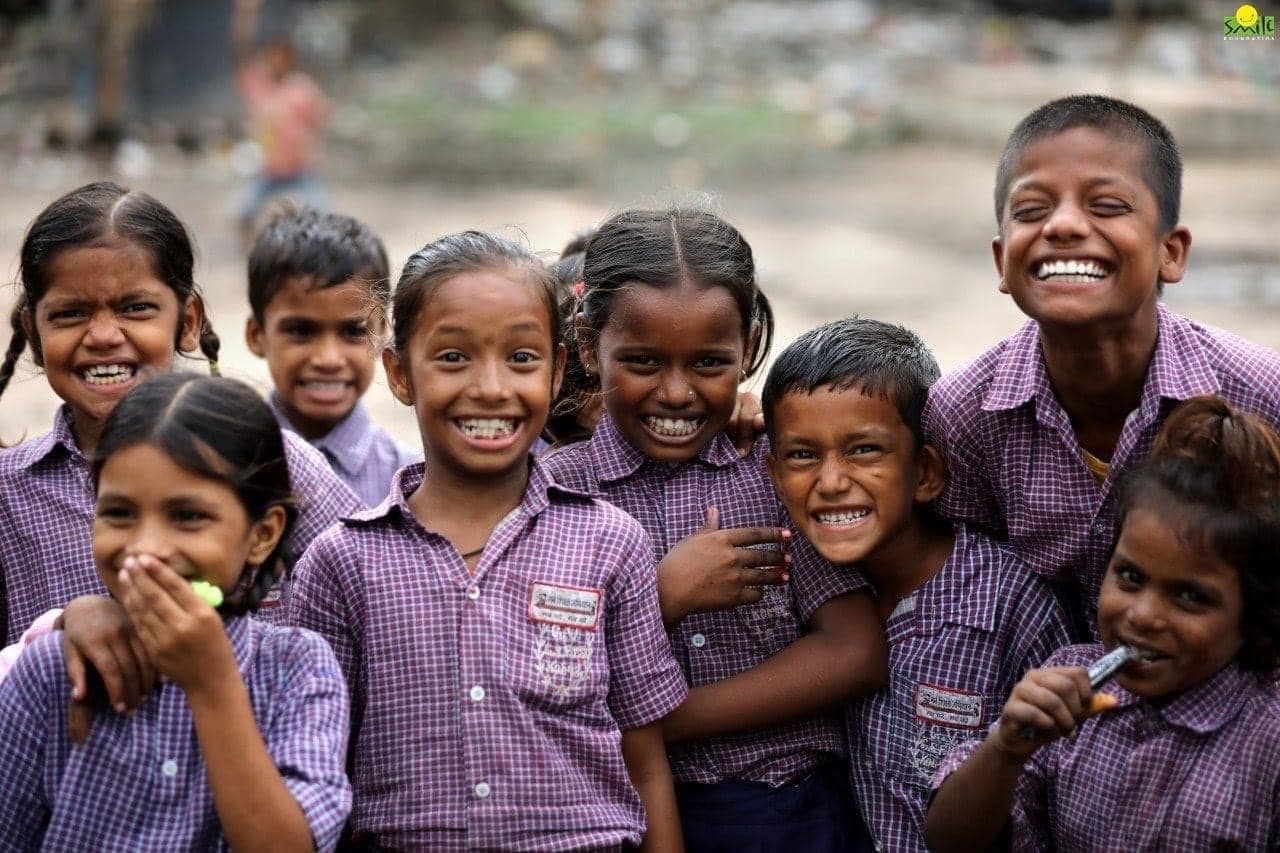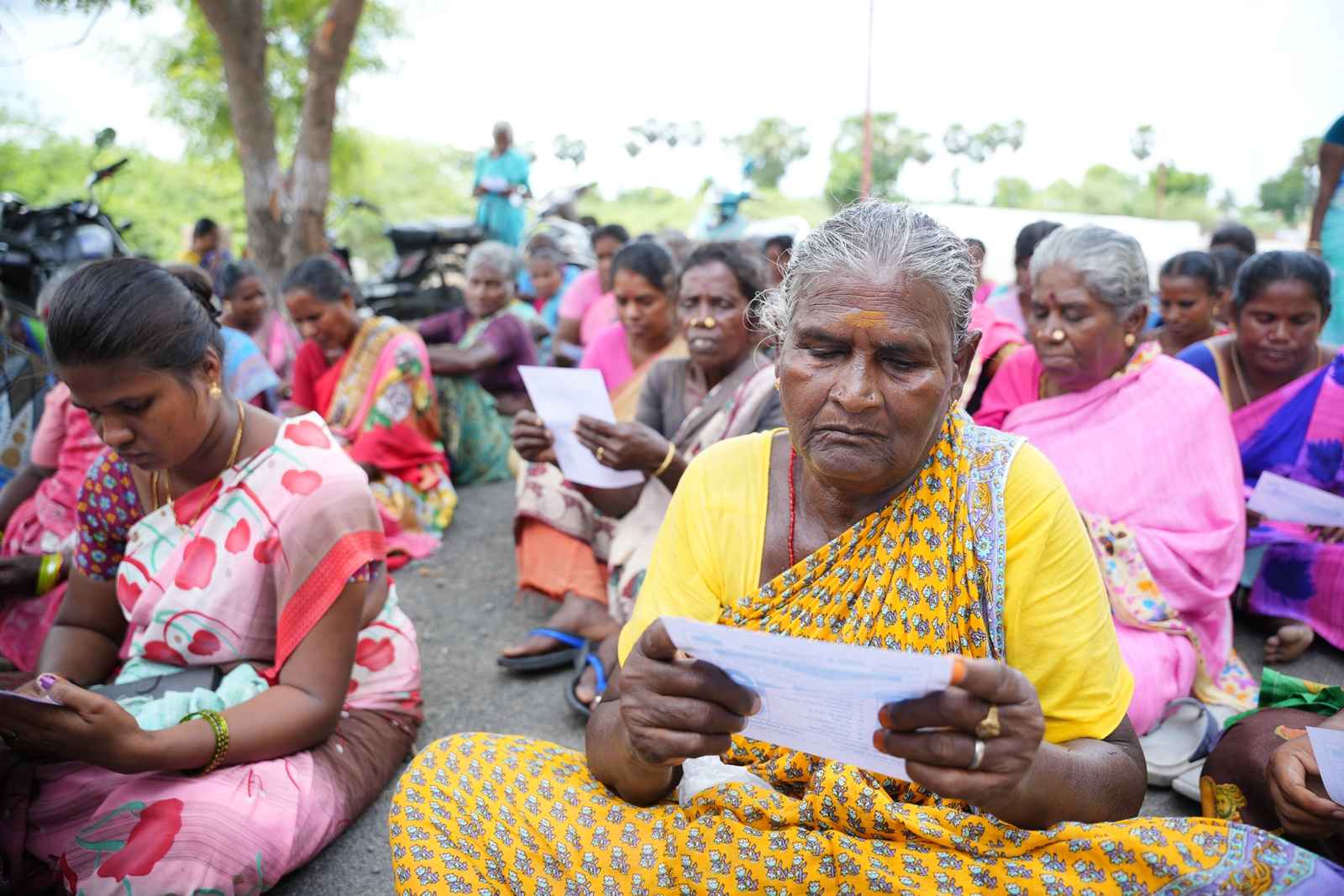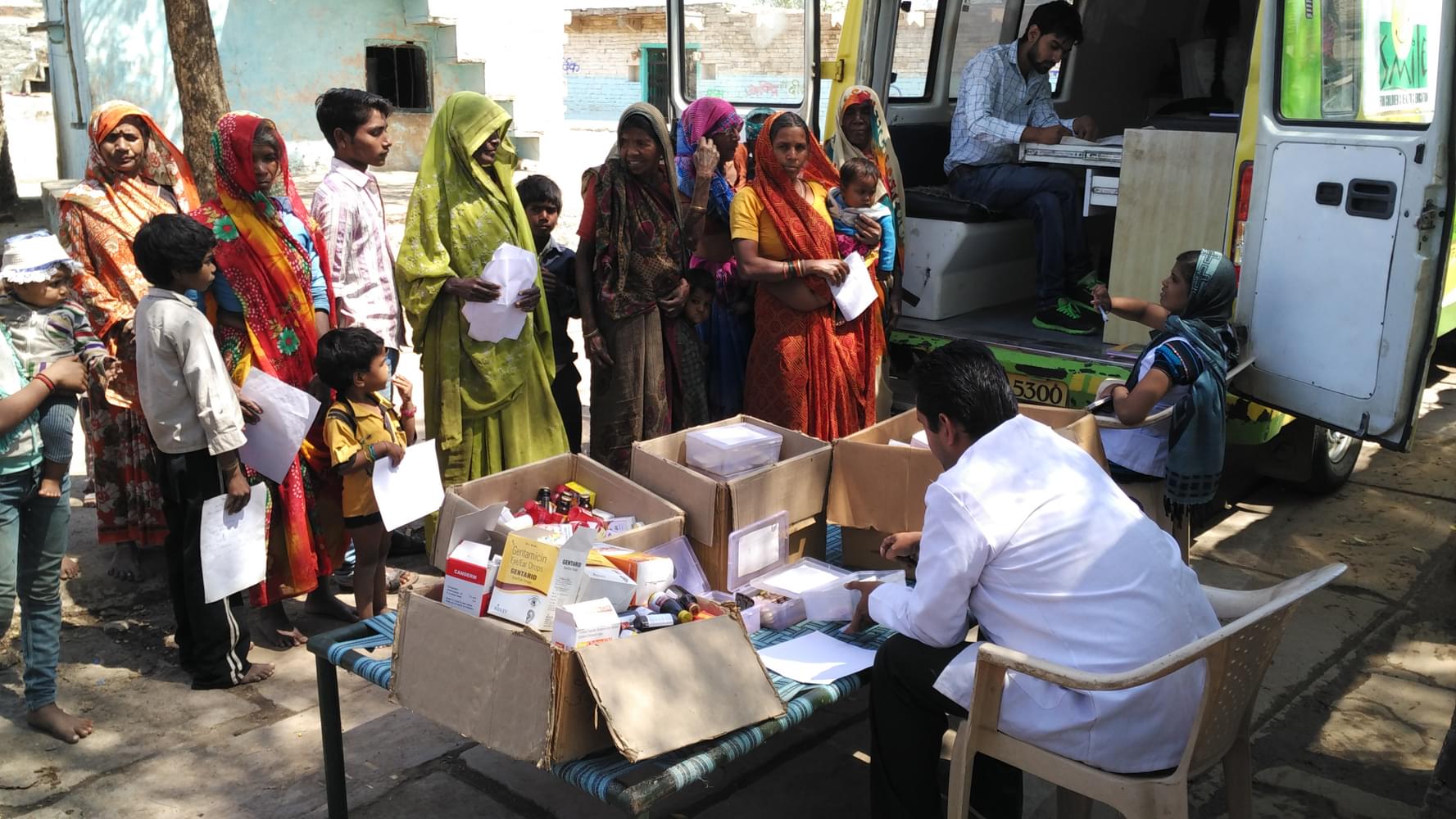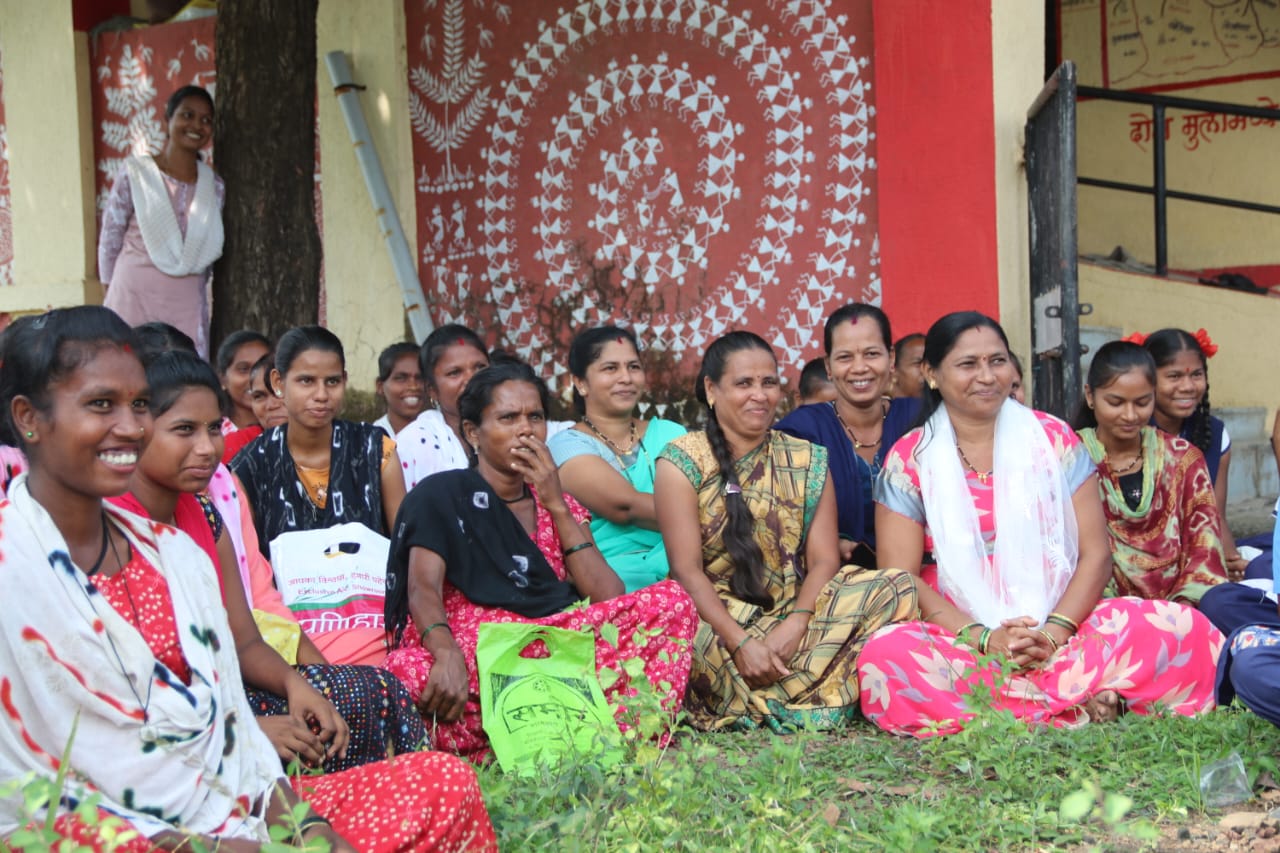India is progressing towards a greener economy, creating new green jobs for the youth, establishing the nation as progressive while protecting its environment. This shift is a win-win for the country, contributing to economic growth and sustainability.
For example, Rajasthan CM Bhajanlal Sharma recently announced the allocation of land for four solar projects to NTPC Renewable Energy. These projects will not only create local employment opportunities but also boost economic activities. The solar project, involving multiple stages from planning and construction to operation and maintenance, will generate a wide range of jobs.
The growing number of green jobs
Key roles include project managers, site engineers, environmental consultants, construction workers, electrical technicians, heavy equipment operators, safety officers, solar panel technicians, maintenance workers, monitoring and control technicians, and cleaners. Additionally, administrative staff, HR personnel and logistics coordinators will support project operations, while local businesses and vendors will benefit from increased economic activity.
Recent advancements in renewable energy technologies, such as floating solar PV systems and advanced wind turbine designs, are transforming the industry by enhancing efficiency and expanding deployment possibilities. These innovations contribute to job creation and environmental sustainability. For instance, India’s deployment of floating solar panels on reservoirs maximises land use efficiency while generating clean energy.
Given the rising job opportunities, the youth must be ready to take on these roles. Their involvement will significantly contribute to the Indian economy’s growth and sustainability. However, a LinkedIn analysis shows that only 5% of Gen Z workers have “green” skills like carbon measurement, renewable energy projects, waste reduction and water quality protection. Despite the scarcity of green skills, over 138 Indian companies have pledged net-zero emissions by 2050, driving green jobs in sectors like automotive, construction and textiles.
More training for green jobs
Training individuals for green jobs is essential to achieve renewable energy targets and address environmental challenges like air pollution and water scarcity. Green job training also promotes social inclusion by empowering marginalised communities, enhancing job prospects and fostering community resilience and well-being. This inclusive approach ensures that the benefits of sustainable development reach all sectors of society, contributing to long-term socio-economic stability.
The Skill Council for Green Jobs and the Apprenticeship Act of 1961 have made significant strides in training individuals to be job-ready. Apprenticeship programmes in India provide training for various roles crucial to green industries, such as solar PV manufacturing, installation, wastewater treatment and wind power plant maintenance.
Nonprofits doing their bit
Smile Foundation is a key player in this context, acting as a catalyst for change. We complement and supplement government efforts towards achieving the Sustainable Development Goals (SDGs). According to their manifesto, “We collaborate, sensitise and partner with like-minded institutions and individuals to implement high-impact programmes.”
A greener economy aligns well with the SDGs. Through initiatives emphasizing energy efficiency, renewable energy, and sustainable practices, India is paving the way for a future where economic development and environmental conservation are intrinsically linked. This balanced approach benefits the economy and secures a healthier planet for future generations. These efforts directly contribute to SDGs such as affordable and clean energy (SDG 7), sustainable cities and communities (SDG 11) and climate action (SDG 13).
To maintain this momentum, skill training is of utmost importance and should be provided through the right channels. While government initiatives are crucial, the work by nonprofits like Smile Foundation holds strong ground and cannot be overlooked. Their efforts complement governmental actions, ensuring effective skill development for green jobs.
In conclusion, the principle of “what you sow is what you reap” is profoundly relevant here. By focusing on green jobs, India is moving towards a cleaner economy and caring for the environment. It’s crucial that India does this right to ensure significant sustainable development.









